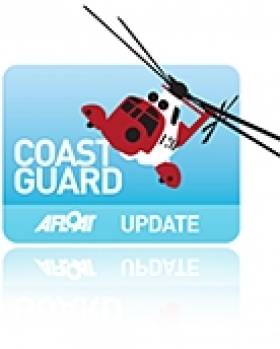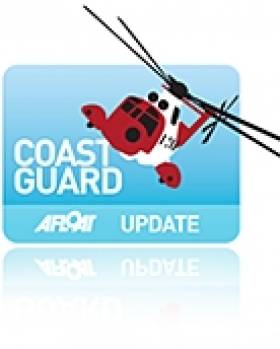Displaying items by tag: Swanland
Russian Ambassador Proposes Reward for Swanland Rescuers
#COASTGUARD - Russia's ambassador to Britain has proposed rewarding rescuers involved in the search for missing seamen in the Irish Sea last week following the sinking of the cargo ship Swanland.
As previously reported on Afloat.ie, the cargo vessel - carrying 3,000 tonnes of limestone - went down some 10 miles west of the Lleyn peninsula in north Wales in the early hours of last Sunday.
Two of the eight crew, who were all Russian, were recovered from the sea. A third was found deceased, while the remaining five are still missing.
As many as 11 coastguard rescue teams were involved in the search operation, which also saw an RAF rescue helicopter - piloted by Prince William - lend assistance.
At a meeting with the two rescued sailors in London last Wednesday, Ambassador Alexander Yakovenko commented: “What if we propose [the rescuers] to be rewarded by the Russian side?”
Russian news agency RIA Novosti has more on the story HERE.
Update on Search for Swanland Crew
This morning's search for the five seafarers began at 8.00 am and covered 105 miles of coastline from Holyhead to Aberdovey. Although that search is now complete, coastguards will carry out a short low water search from 3.00 pm until dusk.
Five lifeboats, six helicopters, four coastguard rescue teams, three merchant vessels, an Irish naval patrol vessel and a fixed wing aircraft searched an area of approximately 300 square miles yesterday. However, the only sign of the missing seafarers was their two liferafts, a lifebuoy from the vessel and a survival suit.
Holyhead Coastguard Watch Manager, Ray Carson says:
"Sadly we still have not been able to locate the missing seafarers. We will carry out one final search at low water today."

























































